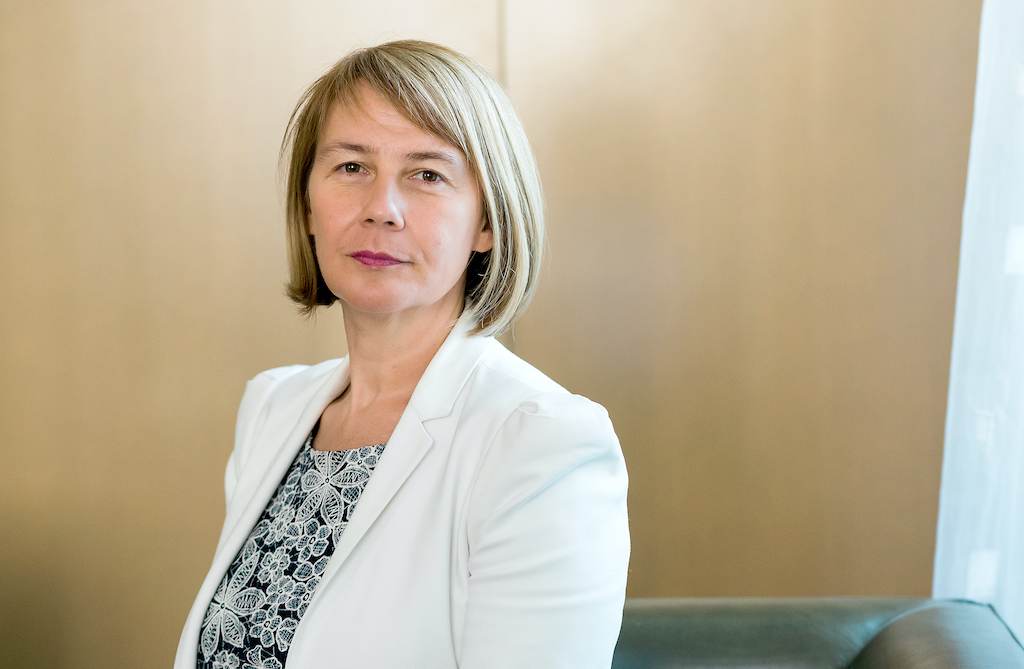By: C. R.
The SDS parliamentary group has submitted a proposal for a law to the parliamentary procedure that establishes the organisation, development of a network, and financing of palliative and hospice care in the Republic of Slovenia. As the proportion of the aging population is also increasing in Slovenia, we, as a developed European country, must take a step towards systemic regulation in this area. SDS Member of Parliament Alenka Jeraj spoke about the proposed solutions and the reasons for the proposed law on palliative and hospice care during today’s press conference.
Alenka Jeraj presented the current situation: “The current situation is such that we have had designated pain management units in anaesthesiology for several years in both clinical centres and general hospitals. Funding has also been secured, but according to data from the Health Insurance Institute of Slovenia (ZZZS), the services are not being realised. For example, in 2022, an estimated amount of 16.1 million euros was allocated for palliative care, but only 7.2 million euros’ worth of services were realised, representing only 45% realisation. The budget for palliative care in 2023 is also set at 16.1 million euros.”
“A certain number of mobile palliative teams are already in operation by providers, but even there, the realisation is poor, at only 47% of the planned scope. We estimate that we would need at least 8 more teams in areas where they have not been organised yet, so there would be a total of 16. This would mean an additional approximately 3 million euros, provided that the allocated funds are realistically planned, or else, it would utilise what has not been realised in recent years.”
The proposed law clearly defines the tasks, providers, and the payer – ZZZS from mandatory health insurance. “Palliative care, including services of medical measures, health care services, and psychosocial support, is integrated into the services covered by mandatory health insurance and is fully funded by mandatory health insurance,” explained MP Jeraj.
Furthermore, Alenka Jeraj outlined the organisation of hospice house activities with the statutory status as a public health service, financed by daily care, similar to how services in nursing homes or social welfare institutions are funded. “Considering the population size, and in comparison to countries like Germany, we would need 5 to 6 hospice houses with up to 50 beds; the cost of daily care in a hospice is lower than that in a nursing home,” Jeraj stated.
As emphasised during the press conference, MP Jeraj pointed out that palliative care can have a positive impact on the course of an illness. It neither hastens nor postpones death but affirms life and recognises dying as a natural process. Therefore, in the SDS Parliamentary Group, we believe that the recognised purpose of regulating palliative and hospice care, along with the good solutions provided by the law, will benefit our ill and elderly citizens.

